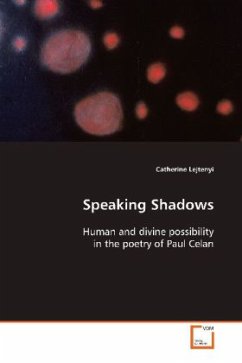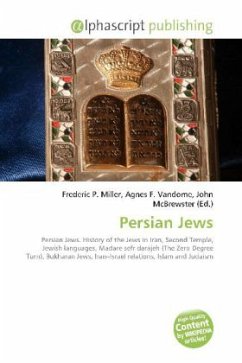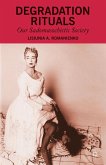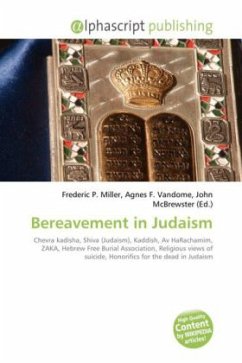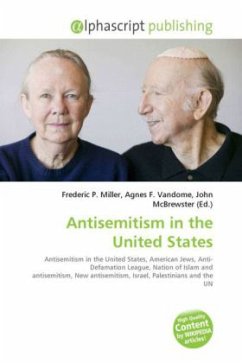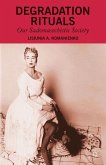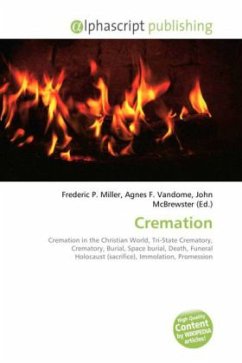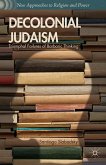Paul Celan is considered one of the most important
poets of the German - or any - language to emerge
from the Second World War. Born on the outskirts of
the Austro-Hungarian Empire in 1920 to Jewish
parents, Celan survived the worst catastrophe to
European Jewry as his parents and countless others
did not. Among the many issues he struggles with in
his poetry is the figure of the divine in light of
the Shoah. How are we to understand and relate to the
holy covenant between the divine and the human after
Auschwitz? And how are we equally to understand the
covenant that should exist between fellow human beings?
This book is not intended as a theological study of
faith after Auschwitz, but as an analysis following
Celan''s questioning of these fundamental issues in
the lyric form. In his works, Celan exposes the
radical fragility of religious values in the wake of
unspeakable annihilation. Yet suspended in the
non-place or u-topia of the lyric poem is an equally
fragile hope.
poets of the German - or any - language to emerge
from the Second World War. Born on the outskirts of
the Austro-Hungarian Empire in 1920 to Jewish
parents, Celan survived the worst catastrophe to
European Jewry as his parents and countless others
did not. Among the many issues he struggles with in
his poetry is the figure of the divine in light of
the Shoah. How are we to understand and relate to the
holy covenant between the divine and the human after
Auschwitz? And how are we equally to understand the
covenant that should exist between fellow human beings?
This book is not intended as a theological study of
faith after Auschwitz, but as an analysis following
Celan''s questioning of these fundamental issues in
the lyric form. In his works, Celan exposes the
radical fragility of religious values in the wake of
unspeakable annihilation. Yet suspended in the
non-place or u-topia of the lyric poem is an equally
fragile hope.

